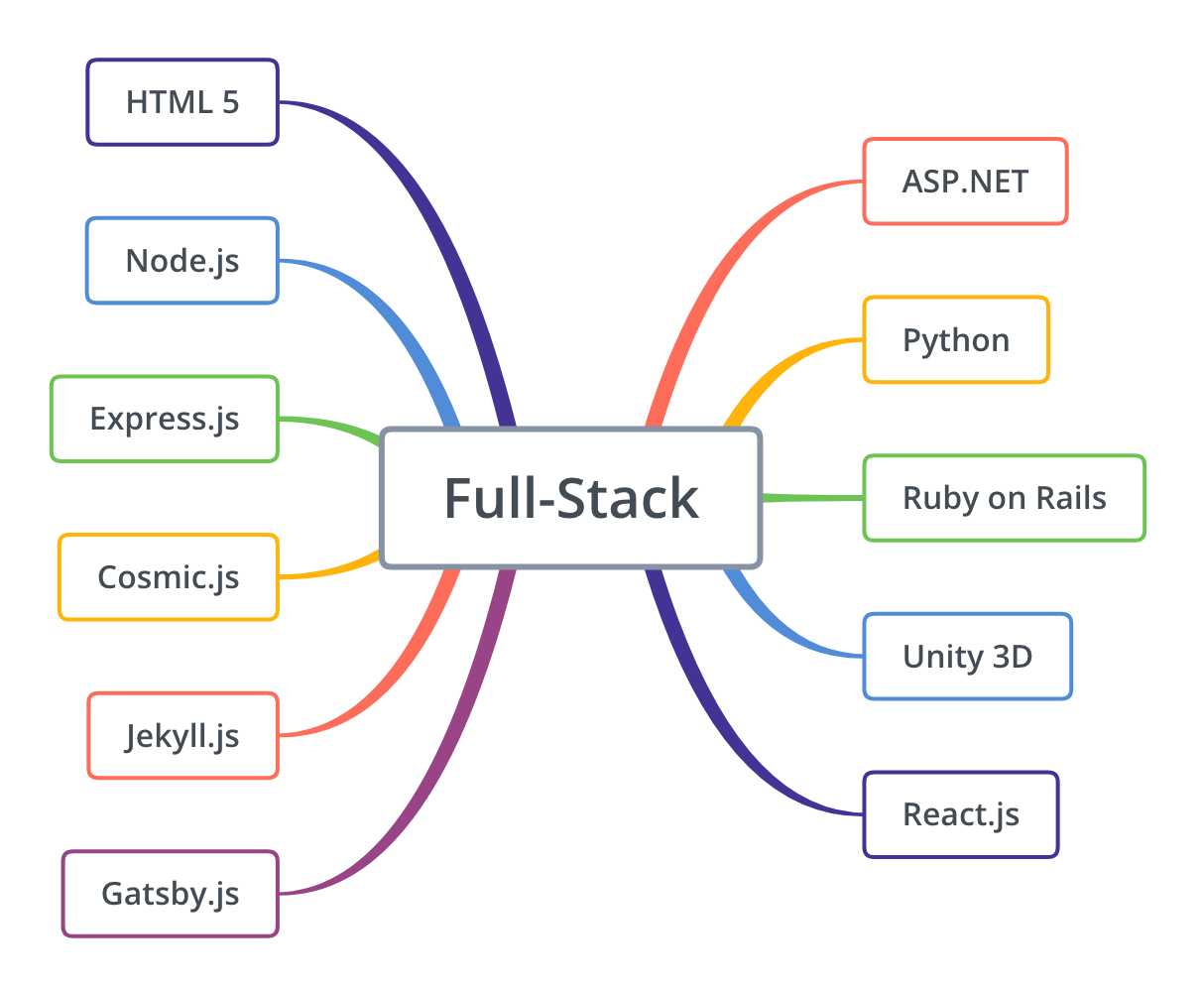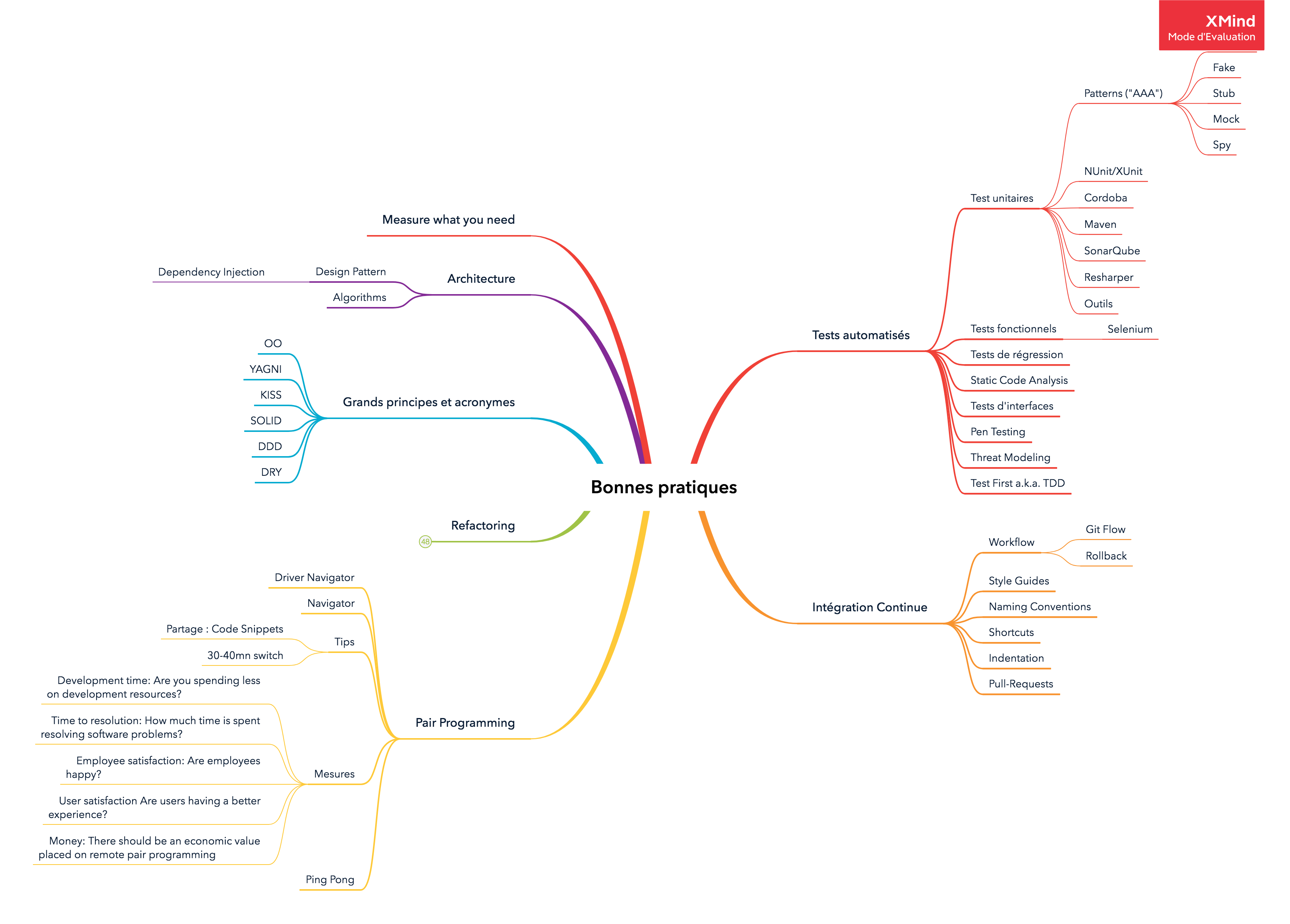Road Map
Seat comfortable
This page aims at showing at a glance my research path, founds, and gems. There is a lot of burning topics nowadays ! Main frameworks I am using today are presented in the section below, you can also have a look at my Bookmarks if you want, I will do my best to keep this list updated regularly.
Make your own way
My development environment is based on shared projects between MacOS and Windows, Back/Front-End development and 3D environments. Configuring Windows to execute Linux command, and merging frames in Visual Studio Code makes the bridge between those two. Thank you Microsoft for your last actions towards community developers. Open-source softwares will win, at the very end.
Use frameworks and tools

I currently enjoy front development libraries based on Javascript like Jekyll and Gatsby. Deployment from Npm is like having a terminal copilot which does the main part of the job for you. It takes a few time to obtain a stable environment but it really worth the time !
Improve contributions

This end of the year has been an exciting field of research around web technologies. My personal main target looking at my contributions is to reach the most linear production as possible, that is to say to enhance predictibility and velocity over incoming year and to improve techniques acquisitions through code writing of course, but also through professional meetings and events where developers and managers shares tips and good practices in order to build faster and better softwares.
Back-end (loves every details)
This is my roadmap in details, based on of the very detailed one done by Kamran Ahmed :
- Pick a language
I chose C# a long time ago looking at WPF and Unity3D programming, I also had a few scripting experiences with: Python, Ruby, PHP, and Node.js
In the future, I will have a try at: Golang, Rust or Clojure. - Practice what you learnt
I tend to practice everyday, with my job or during spair times I could afford - Learn Package Manager
Package Manager must occupy something like 90% of the internet bandwitch nowadays, especially with 'npm install'. However, they are very interesting mean to get libraries together. I have mainly experiences with NPM, and NuGet through Artifacts management. -
Standard and Best Practices
"Improve on the long run"
"Learn new things every day" ...
All that stuff that you repeat tirelessly, until you find out the collegue front of you doesn't care to the quality of its work for a long time. However, stick to the rules! Here is my reminder for my current knowledge about best practices: - Make and Distribute Some Package/Library Like "Contribute to Some Opensource Project", it is indeed a topic I never started. I keep that point in mind for the moment.
- Learn about Testing Test pyramid.
- Write Tests I learned about testing during a previous job. In fact, it has been one of the only company where I had the luck to practice those skills at unit level. Since then, I tried to develop skills in functionnal and automated testing too, with some success with on-premises Selenium setup. Open source library testing had become quite easy to implement with tools like WhitesourceBolt and Dependabot.
- Learn Relationa Databases Oracle, MySQL, MariaDB, PostgreSQL, MSSQL
- Create simple CRUDs
- Learn a Framework
- Make an Application
- Learn a NoSQL Database MongoDB, RethinkDB, Cassandra, Couchbase
- Caching
- Create RESTful APIs
- Authentication/Authorization Methodologies OAuth, Basic Authentication, Token Authentication, JWT, OpenID
- Message Brokers RabbitMQ, Kafka
- Learn a Search Engine ElasticSearch, Soir, Sphinx
- Learn How to Use Docker
- Knowledge of Web Servers Apache, Nginx, Cady, MS IIS
- Learn How to use Web Sockets
- Learn GraphQL
- Look into Graph Databases
- Profiling, Static Analysis, DDD, SOAP
- Keep Exploring
You can find the original source and make you own implementation through Kamran GitHub repository here.
